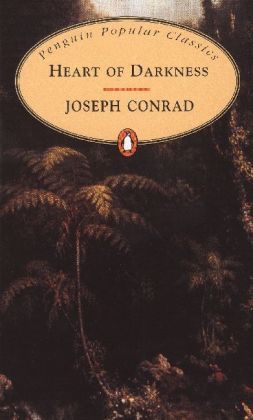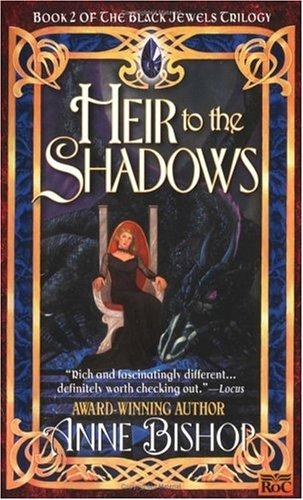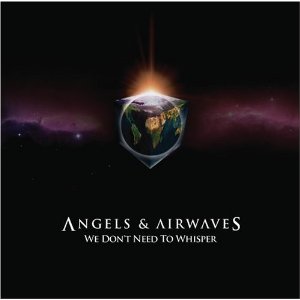Hi

Marian Keyes is quoted on the back of 'The Help' stating 'Daring, vitally important and very courageous. I loved and admired The Help. Fantastic.' In my opinion this hits the nail on the head. 'The Help' is an important book, written about a forgotten time that shouldn't be forgotten. It follows the story of three women, two of them black maids (Aibileen and Minny), the other a young wealthy white woman (Miss Skeeter), living in Jackson, Mississippi as they write a collection of memoirs from black maids in the area. I thought the narraitive was very clever in a way because Stockett manages to illustrate the risk these women are taking and the world that these women live in without having her credibility question. To clarify on this, I think that obviously Stockett couldn't write a book of memoirs of a group of maids in the 1960s because that would be fiction, so instead she writes a book about how a person would have gone about writing a book during that time. I know I'm not explaining it all that well, but I'll just say this - she really pulls it off.
I don't usually read books like this one. If I do read a book that is about important issues such as race I usually read older books like 'To Kill a Mockingbird' or 'The Adeventures of Huckelberry Finn'. So I was a bit apprehensive. A film version of this text came out a few months ago, and I'd seen that it got really good reviews, but I have not seen the film. In a way I'm glad that I have yet to see it, because I liked going into the book without knowing much. One of the things I really liked about this book was how events would happen that were really unexpected. For example the story of Constantine. I won't spoil it for those that have yet to read it, but lets just say that there is a lot to her story.

'The Help' is a novel with a lot of heart. As a reader you end up supporting the maids (naturally in this day and age) but also seeing that the bond that exists between them and their white ladies can be one of loyalty and love. The characters are very alive and thought out. Even characters that are the villians of the book have their good points - Hilly for instance is a good mother, but an awful person overall who encourages racial segergation and threatens anyone who doesn't agree.
The only problems I had with the text were some of the grammatical/factual mistakes. Early on I found it hard to figure out Minny's age - later it is established that she is thirty six at the beginning of the novel, but it is also stated early on that she is thirty four. I found that a bit confusing. I also found the situation of Yule May a bit confusing. ***Spoiler Alert*** Why was everyone the reader was supposed to support so angry over Hilly's reaction to Yule May stealing her stuff? I agree that Hilly over-reacted, and Yule May should not have had to go to jail for that long, but she did steal something that she thought was valuable. Also couldn't she have sent one of her sons that year, and save up the very small amount she had left to save for the other one the go the next? I know that Hilly was crazy, but she did not have to give Yule May a loan, and stealing is not okay no matter what your race or the value of the object. ***Spoiler Over***
The prose was very good but a bit hard to get into at first because of how the novel chopped from one narrator to another. But after a while I got used to it and would look forward to reading from Minny's, Aibileen's and Skeeter's point of views in turn. I enjoyed 'The Help' a lot more than I expected to. It was one of the fastest reads I'd had all year and I stayed up late to read further on. It was hard to put down. It is a feel good novel, but (and this is what I really loved about it) it is also realistic. The ending is bittersweet. I felt like crying, but at the same time I knew that everything would be okay for all three women, that they had gotten to a point in each of their lives where they were strong enough to go it alone.
 Before I start I just have to say that this is an ironic post. I knew about blogs, but I only started really getting into them when I googled for early reviews of this book. So in a way this is the book that started this blog.
Before I start I just have to say that this is an ironic post. I knew about blogs, but I only started really getting into them when I googled for early reviews of this book. So in a way this is the book that started this blog. 













